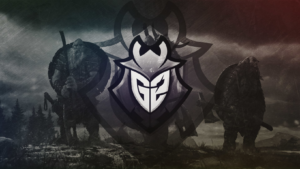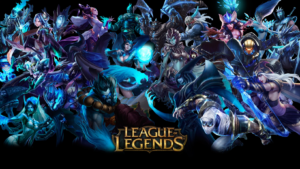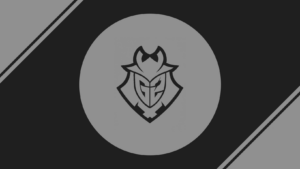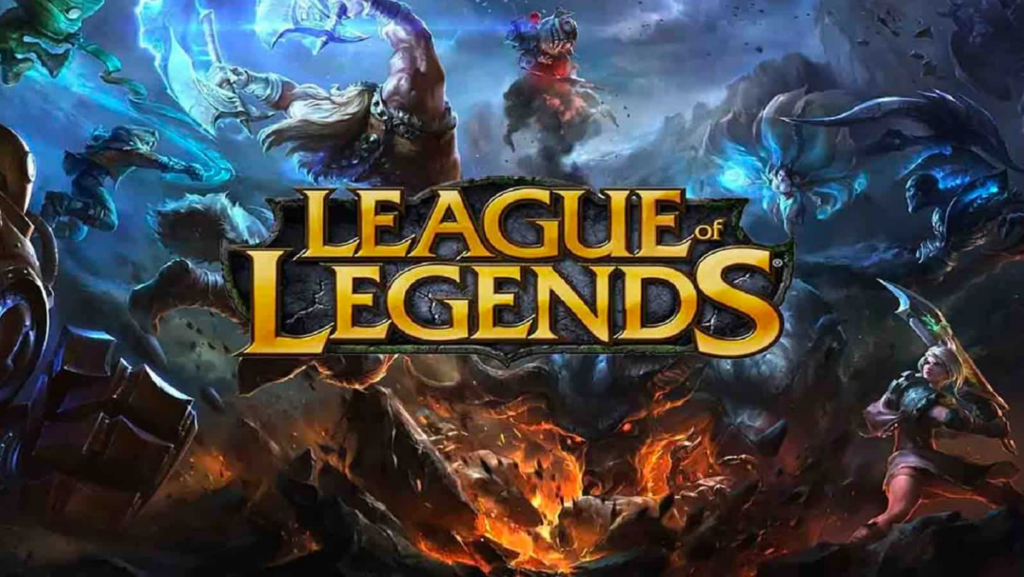In the thrilling world of esports, one game stands as a titan among giants – League of Legends. It’s a realm where strategy, skill, and a dash of luck merge, creating a spectacle that’s as engaging as it’s competitive. But there’s another layer to this digital gladiator arena that’s capturing the attention of fans worldwide – Fantasy Esports.
Fantasy Esports takes the adrenaline-fueled excitement of League of Legends matches and adds an extra level of involvement. It’s not just about cheering for your favorite teams anymore; now, you’re the manager, crafting your dream team and competing against others. The thrill of victory, the agony of defeat – it’s all in your hands.
So, whether you’re a seasoned League of Legends veteran, a Fantasy Sports enthusiast, or someone looking for a new competitive outlet, Fantasy Esports offers a unique blend of strategy, competition, and fun. Let’s dive into this fascinating world and uncover what makes it so captivating.
Fantasy Esports: League of Legends
 Drawing connection lines between Fantasy Esports: league of legends, it’s key to note a direct correlation: the strategic essence of LoL fuels the competitive fire of Fantasy Esports. As League continues to captivate gamers worldwide, its influence seeps deeply into Fantasy Esports, altering its dynamics effectively.
Drawing connection lines between Fantasy Esports: league of legends, it’s key to note a direct correlation: the strategic essence of LoL fuels the competitive fire of Fantasy Esports. As League continues to captivate gamers worldwide, its influence seeps deeply into Fantasy Esports, altering its dynamics effectively.
“Fantasy League of Legends” extends the engagement beyond a typical gaming experience. Users, morphing into temporary managers, decide the fate of distinctive player line-ups created from real-world pros of LoL. Scoring systems, largely mirroring real-world performance metrics, pave the path for players to achieve a sense of accomplishment and competition. For instance, a champion’s kills, assists, and damage dealt are properties that transform into points in the Fantasy league.
Participating in Fantasy Esports: League of Legends
Embracing the thrilling world of Fantasy Esports: League of Legends (LoL) enthusiasts can dive deeper into the competition. By managing actual player line-ups, fans turn into strategists creating a unique and competitive environment.
How to Play Fantasy League of Legends
 Responding to the dynamic nature of Fantasy esport: League of Legends, participants become virtual team managers of real-world LoL pros. They select from active professional players, shaping teams strategically for virtual matchups. Score calculations arise from these players’ live match performance metrics, thus reflecting the players’ in-game achievements in the fantasy setup. For example, factors like kills, deaths, and assists impact the scores in the fantasy league. Participants’ decisions on choosing players, building teams, and assigning positions play crucial roles in performance, making the Fantasy League of Legends a tactical endeavor.
Responding to the dynamic nature of Fantasy esport: League of Legends, participants become virtual team managers of real-world LoL pros. They select from active professional players, shaping teams strategically for virtual matchups. Score calculations arise from these players’ live match performance metrics, thus reflecting the players’ in-game achievements in the fantasy setup. For example, factors like kills, deaths, and assists impact the scores in the fantasy league. Participants’ decisions on choosing players, building teams, and assigning positions play crucial roles in performance, making the Fantasy League of Legends a tactical endeavor.
Strategies for Winning in Fantasy League of Legends
Securing victory in Fantasy League of Legends necessitates knowledge, strategy, and a keen eye. Regular monitoring of live matches, industry news, player performance trends, and transfer information benefits tactical decision-making. For instance, understanding a player’s playstyle, consistency, recent performance, and champion pool can influence team selections. Similarly, knowing the meta, or the most effective tactics available, provides an advantage in keeping up with the LoL’s ever-evolving gameplay. Being aware of the patch updates, a common occurrence in LoL, helps anticipate the meta changes. Thus, winning in Fantasy League of Legends isn’t about luck or chance — strategy and knowledge make a difference.
Impact of Fantasy Esports on the Gaming Industry
 Fantasy Esports, specifically Fantasy esports: League of Legends, represents a significant evolution in the gaming industry. It emphasizes the strategic element of Esports, bringing a new level of player engagement and industry growth.
Fantasy Esports, specifically Fantasy esports: League of Legends, represents a significant evolution in the gaming industry. It emphasizes the strategic element of Esports, bringing a new level of player engagement and industry growth.
Fantasy Esports, dominated by gems like League of Legends, offer a tangible boost to the eSports industry. They not only generate increased fan engagement but also contribute significantly to industry growth. It’s a symbiotic relationship – the growth in Fantasy Esports boosts overall industry visibility, attracting further investment. For instance, the number of participants in Fantasy League of Legends has skyrocketed in recent years, from thousands in its early days to millions today. This expansion has correlated directly with heightened industry attention, sponsorship deals, and revenue generation for the eSports industry. Consequently, the existence of Fantasy Esports shapes the trajectory of the gaming industry’s growth.

